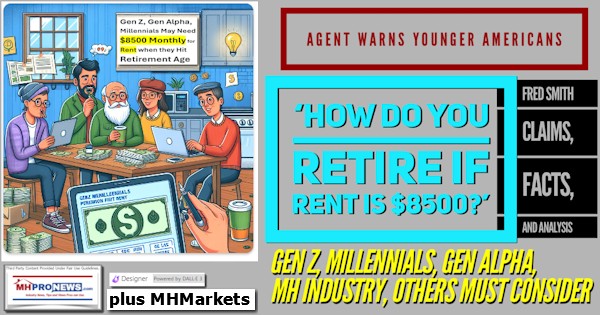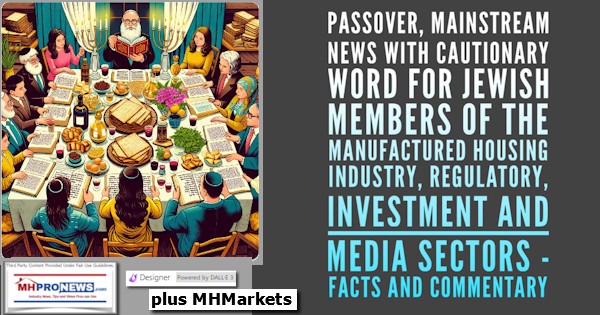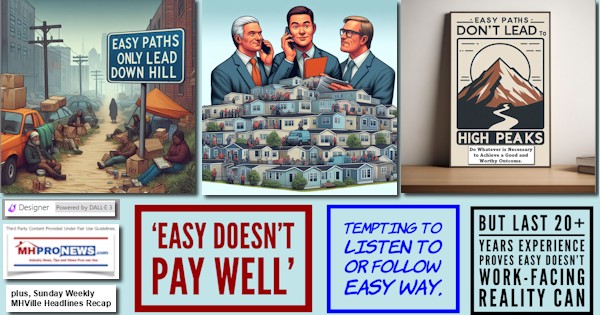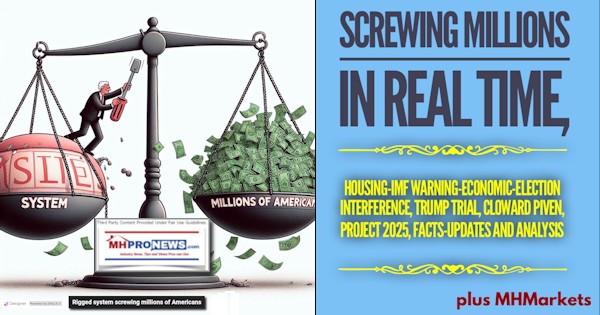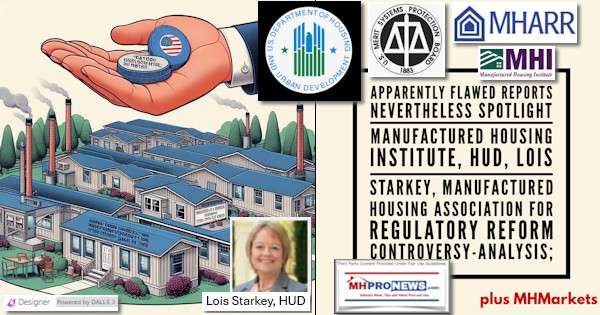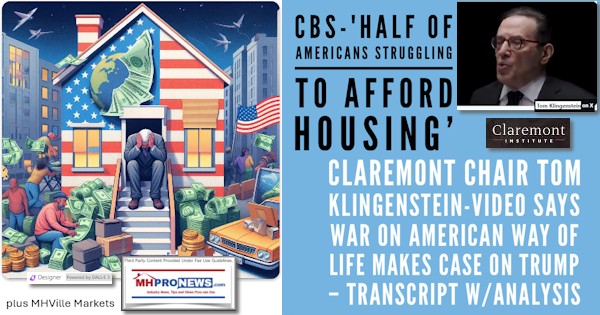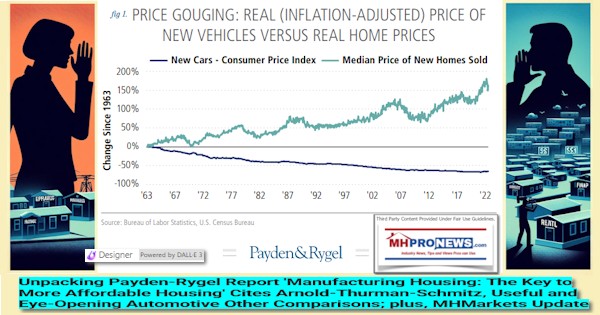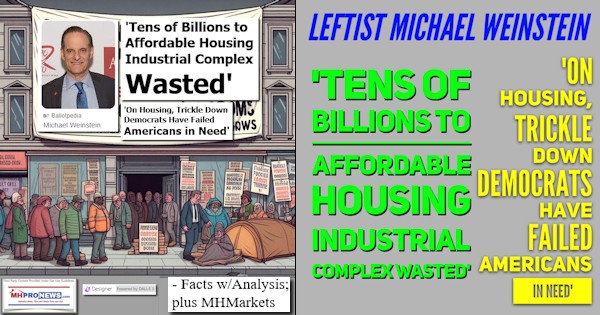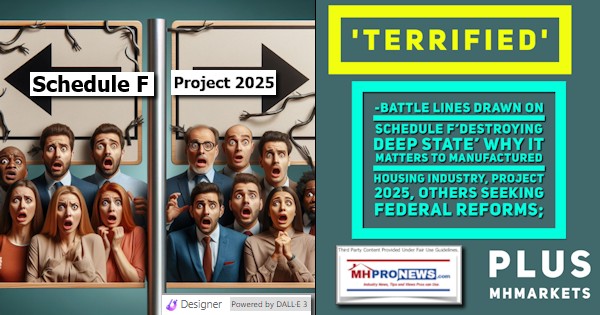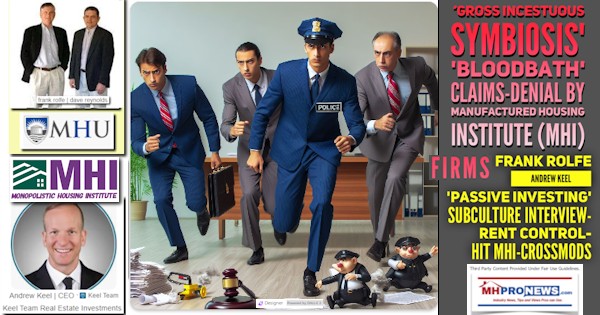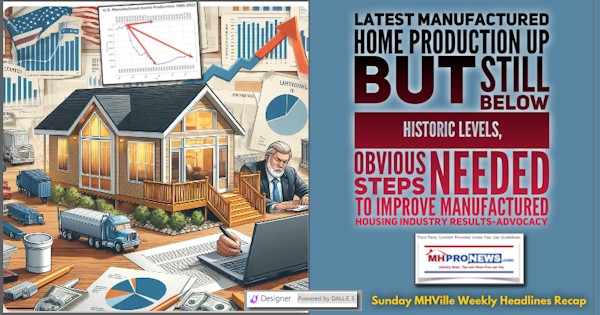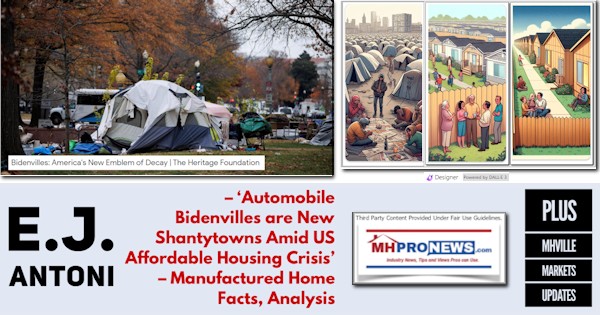
Henry Czauski, Acting Deputy Administrator for the Office of Manufactured Housing programs, noted the affordability aspect of Manufactured Housing (MH) to moderate and low-income families. He stressed the importance of federal regulations in ensuring MH is built to standards that enhance the safety and security of the structure, and the involvement of the Manufactured Housing Consensus Committee (MHCC) in that process. Noting that the “certification” fees HUD collects on each MH section has declined with the decrease in sales, he said Congress has appropriated funding to supplement these fees in three of the last four years.
Kevin Clayton, president and CEO of Clayton Homes, and secretary of the Executive Committee for the Manufactured Housing Institute (MHI), testified that 72 percent of all new homes sold in 2010 under $125,000 were manufactured homes. While noting that the industry as a whole provided 75,000 full-time jobs in 2010, 200,000 jobs have been lost as the industry has declined. Clayton said provisions of the Dodd-Frank Act will disparately impact manufactured home lending, that the SAFE ACT, now under the auspices of the Consumer Financial Protection Bureau (CFPB) needs clarification in its implementation, and that HUD’s outdated building codes and guidance on preemption have left the industry vulnerable to state and local regulators.
Tyler Craddock, of the Virginia Manufactured and Modular Housing Association, said manufactured housing comprises 5.6% of all the housing in Virginia, but in many rural areas where construction labor is not readily available, 15-20% of the housing is MH. Craddock said factory-built housing sales are moving more in the direction of modular in his area, and blamed the lack of affordable financing for consumers wanting to purchase manufactured housing.
Adam Rust, research director of the Community Reinvestment Association of North Carolina, noting the difficulty in obtaining financing for MH, said a person applying for a manufactured home loan is three times more likely to be turned down than someone applying for a site-built home loan. Rust said GSEs could be restructured to make financing more available to persons buying manufactured homes, because interest rates are too high and consumer protection is too low. He also suggested making funds available for community groups to buy MHCs.
Stanley Rush, of MHD Empire Service Corporation, says SAFE Act implementation is hurting MH salespeople who are only helping consumers with paperwork, not with lending decisions. With so many sources of lending drying up because regulators are encouraging lenders to stay away from MH loans, the industry is being further crippled, Rush stated.
J. Scott Yates, president of Yates Homes of Pittsylvania County in Virginia, testified his company has dropped to five employees from 19, and from selling 180 homes a year to only 30. Yates said he is now selling modular homes to keep his company alive because the codes are the same for site-built homes and financing is easier to obtain. He said the big loser is the American consumer of more modest means.
MH Virginia resident Carla Burr said she could only afford her $113,000 home because she had sold her condo and had the cash. Her other option was to finance the home at 10 percent, despite a good credit rating, a figure she says prevents many people from being able to afford MH. She said not only does the government need to promote manufactured housing through the myriad of programs already existing, but it also needs to protect community residents who sometimes are at the mercy of unscrupulous community owners.
MHARR provided written testimony for the committee.
(Editor’s Note: The full written portion of the statements from each of the above are available for your download and reading here below).
Mr. Tyler Craddock, Executive Director, Virginia Manufactured and Modular Housing Association
Mr. Stan Rush, Account Representative, Haylor, Freyer and Coon, Inc.
Mr. J. Scott Yates, President, Yates Homes
Mr. Adam Rust, Research Director, Community Reinvestment Association of North Carolina
Ms. Carla Burr, Manufactured Housing Resident
(Graphic credit: Wikipedia U.S. House of Representatives)






